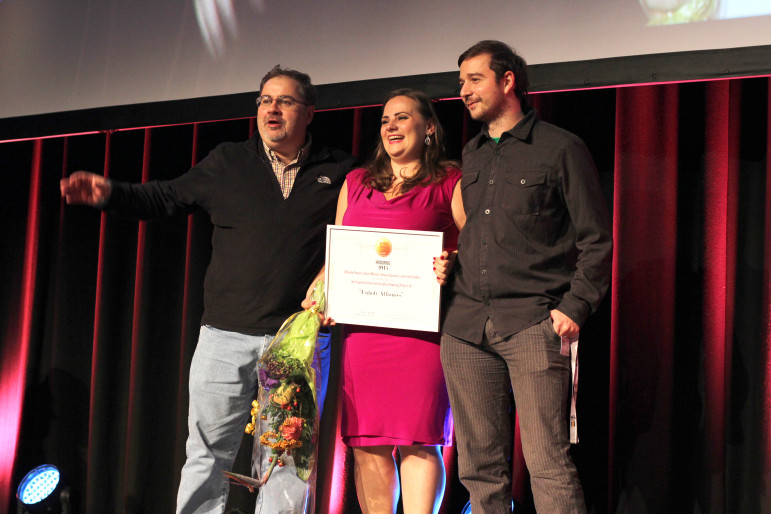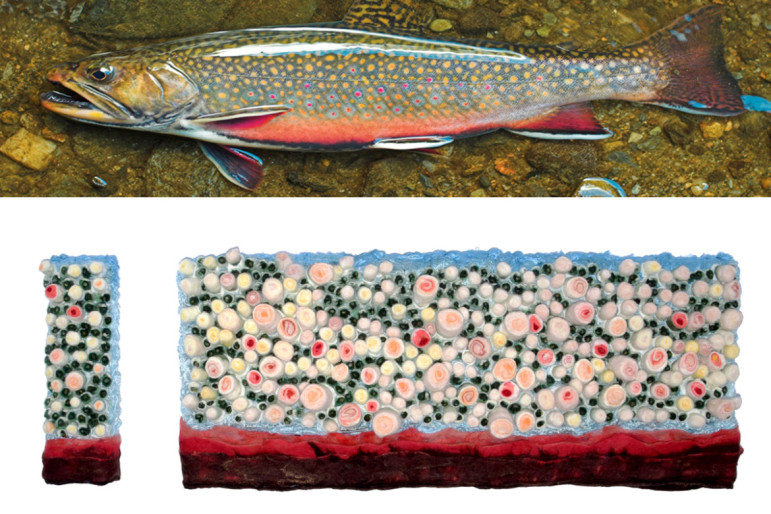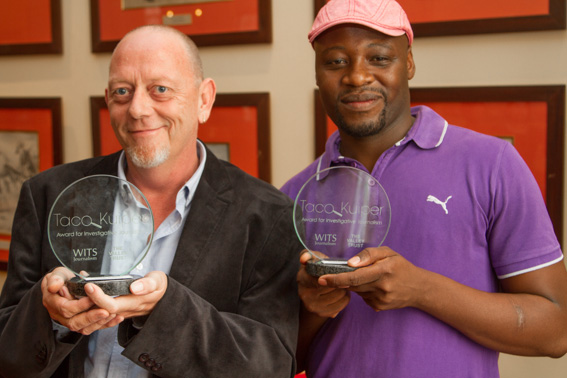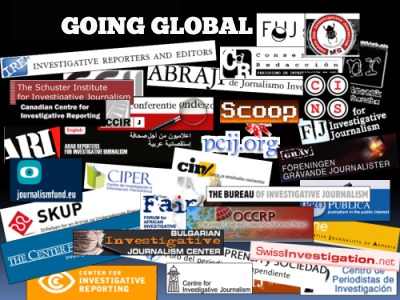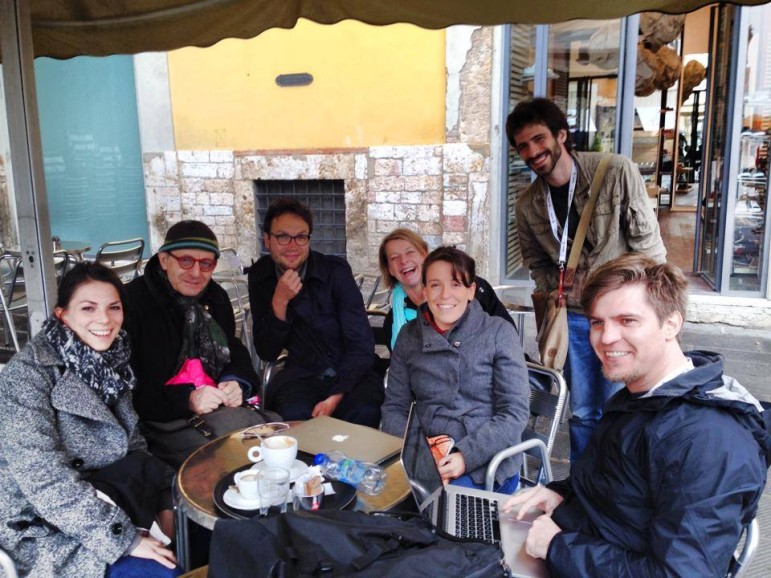
Member Profiles
ProPublica Pioneers Investigative Journalism for the Digital Age
Given all the trash, half-truths and outright lies published on digital media, people are placing a higher value on media that verify information and demonstrate high ethical standards. Paul Steiger, founder and executive chairman of ProPublica, tells of a major donor to his online publication who “absolutely hated” an investigative story that they had published about a group “near and dear to the donor’s heart”. Steiger told the donor that the information was verified, and the story was fair. “We will just have to agree to disagree,” he told the donor.

